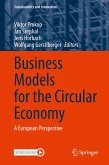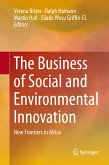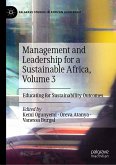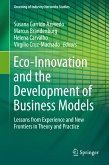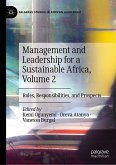The book discusses new and emerging economic models, that respond to 'Pulling' and 'Pushing' forces. Today we are poised at an interesting juncture, with favourable conditions making it easier to be a sustainable organization acting as a 'Pulling' Force and the climate crisis, rise in social-economic equities thereby 'Pushing' for urgent action. The book analyses economic models that look at value propositions, creation and capture with 'People, Planet and Profit' deeply embedded in each stage of the value chain. The contributions bring out the interplay between new standards, evaluation frameworks, technology innovation and other emerging tools to show how they create a sustainable business. For this, they lean on learnings from successful sustainable businesses. Business leaders will find that this book provides deep insights on improving their existing sustainable practices, and speeding up the transition from linear to circular, narrow stakeholder driven to community driven. For prospective entrepreneurs the book provides the nudge needed to start up a sustainable enterprise. Students and researchers can benefit from real-life examples of how sustainable transformations unfold. The book thus creates an easy guide for those willing to make the transition to sustainability, start a sustainable business and most of all, to motivate those who may not yet be convinced about the long-term sense of taking care of our people and our earth.
Dieser Download kann aus rechtlichen Gründen nur mit Rechnungsadresse in A, B, BG, CY, CZ, D, DK, EW, E, FIN, F, GR, HR, H, IRL, I, LT, L, LR, M, NL, PL, P, R, S, SLO, SK ausgeliefert werden.



